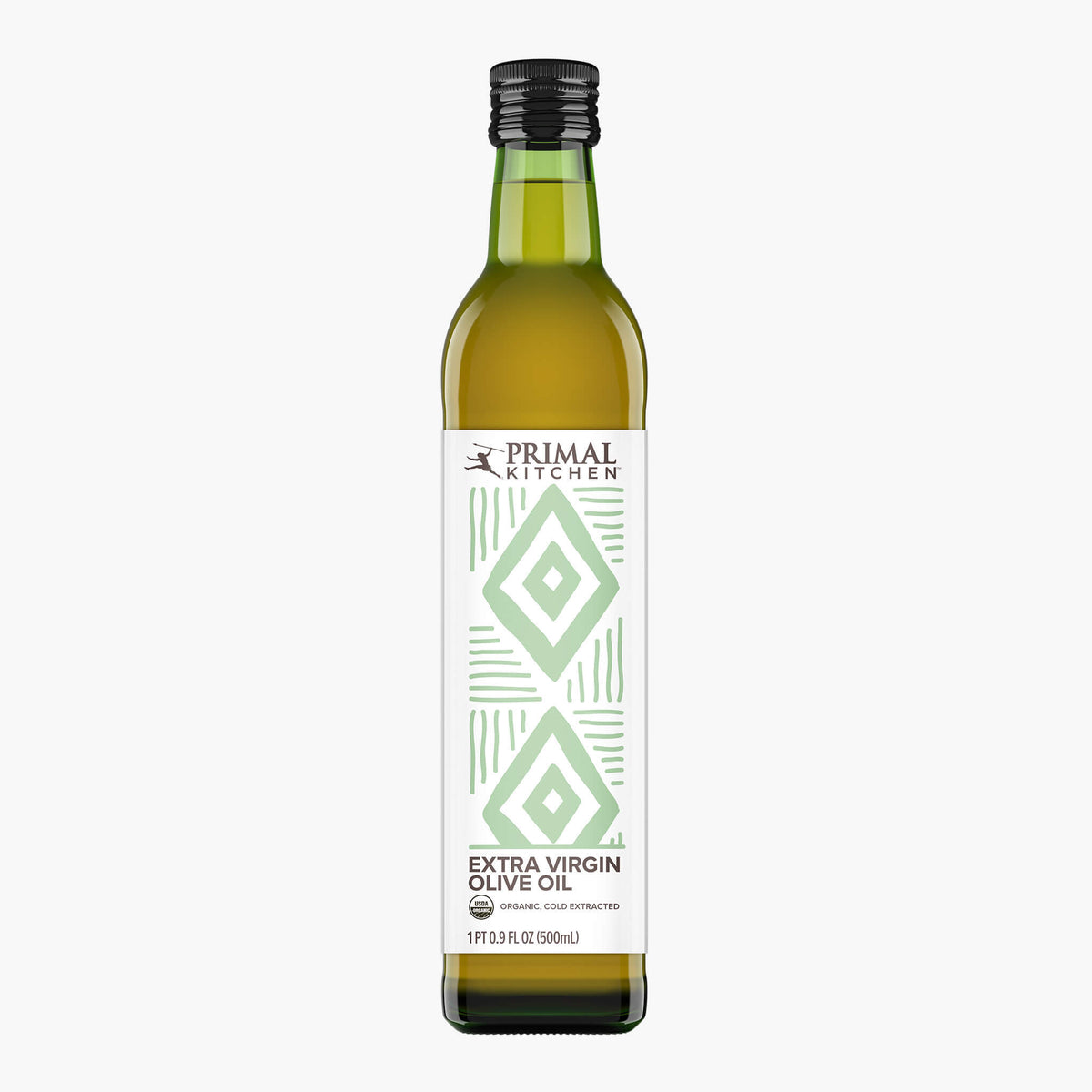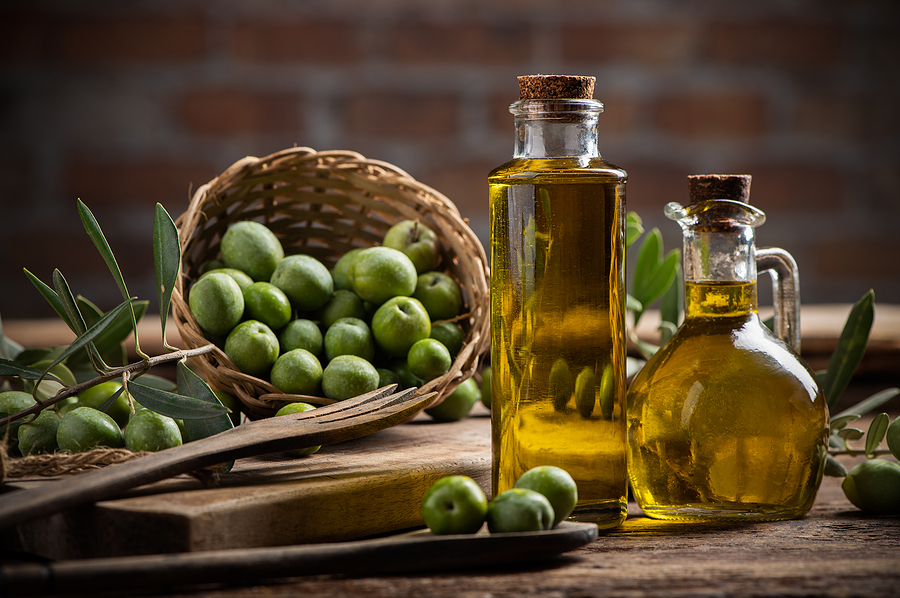Checking Out the Different Types of Olive Oil and Their Usages, Consisting Of Extra Virgin Olive Oil
The expedition of olive oil encompasses a diverse array of types, each offering unique tastes and cooking applications. Extra virgin olive oil, renowned for its remarkable top quality and health advantages, serves as a staple in lots of cooking areas, yet it is only one aspect of this complex ingredient.
What Is Olive Oil?
Stemmed from the fruit of the olive tree, olive oil is a staple in Mediterranean food and a vital ingredient in various culinary applications. This flexible oil is generated by pushing whole olives, resulting in a liquid that differs in flavor, aroma, and color depending upon the sort of olives made use of, the area of farming, and the removal procedure. Olive oil is predominantly composed of monounsaturated fats, particularly oleic acid, which is known for its prospective health and wellness advantages, consisting of anti-inflammatory buildings and cardiovascular support.
In enhancement to its cooking uses, olive oil has a long history of application in conventional medicine and skincare, owing to its rich antioxidant content (extra virgin olive oil benefits). The oil is frequently utilized in dressings, marinades, and for cooking methods such as sautéing and roasting. Its distinct flavor account can boost the preference of different meals, making it a vital ingredient for both home cooks and professional cooks
Additionally, olive oil is celebrated for its function in the Mediterranean diet, which is associated with numerous health and wellness advantages. As recognition of these advantages grows, olive oil remains to gain appeal worldwide as a fundamental element of a healthy and balanced way of life.
Types of Olive Oil
Recognizing the different sorts of olive oil is important for both health-conscious consumers and culinary enthusiasts. Olive oil is categorized mainly based upon its extraction approach and high quality, which significantly influences its scent, wellness, and flavor benefits.

Light olive oil, in spite of its name, refers to a lighter taste and not reduced calories. It is optimal for those seeking a more refined preference in marinates and dressings. Furthermore, there are flavored olive oils instilled with herbs, spices, or citrus, which can boost meals without the requirement for additional flavoring.
Each type of olive oil serves details culinary purposes, and recognizing these differences enables consumers to make informed selections that line up with their food preparation designs and health objectives.
Bonus Virgin Olive Oil
Bonus virgin olive oil (EVOO) is widely considered as the finest olive oil available, popular for its rich taste and countless health and wellness advantages. To be categorized as extra virgin, the oil needs to be generated from fresh olives making use of mechanical procedures, without making use of solvents or excessive warmth. This thorough technique preserves the oil's natural tastes, antioxidants, and healthy and balanced fats, causing a product with a low acidity degree of less than 0.8%.
EVOO is plentiful in monounsaturated fats, especially oleic acid, which is connected to decreased swelling and improved heart health and wellness. It likewise contains polyphenols, effective anti-oxidants that might supply safety effects versus persistent diseases. The taste profile of EVOO can differ significantly depending on the olive variety and region of manufacturing, varying from fruity and grassy to robust and peppery.

Culinary Use Olive Oil
In cooking, olive oil can be utilized for sautéing, roasting, and cooking, offering a healthier alternative to butter or other fats. Its high smoke website here factor makes it suitable for various cooking techniques, while its antioxidants add to a heart-healthy diet plan. Sprinkling olive oil over finished recipes, such as pasta, fish, or barbequed vegetables, can raise flavors and include a touch of style.
Additionally, olive oil plays a significant duty in baking, where a fantastic read it can change conventional fats in recipes for bread and pastries, presenting dampness and a subtle preference. It also acts as a base for instilled oils, allowing chefs to experiment with tastes such as garlic, natural herbs, or chili, even more expanding its culinary potential. In general, olive oil's convenience makes it essential in both home and specialist cooking areas.
Choosing Top Quality Olive Oil
When choosing top quality olive oil, it's essential to take into consideration several vital elements that affect the product's aroma, flavor, and health benefits. Primarily, select additional virgin olive oil (EVOO), which is stemmed from the very first cold pressing of olives and consists of the highest degree of anti-oxidants and beneficial substances. Seek oils that are accredited by acknowledged companies, as this often makes sure adherence to stringent top quality criteria.
The packaging likewise plays a substantial duty in maintaining the oil's honesty. Choose oils stored in dark glass containers or tins to safeguard against light deterioration. Take notice of the harvest day; fresher oils provide superior flavor and nutritional worth, so select items that are within 18 months of their harvest.
Be aware of the taste; a great quality olive oil must have a balance of fruity, bitter, and sharp notes, showing its splendor and intricacy. By examining these aspects, you can guarantee you are picking the finest olive oil for your cooking requirements.
Final Thought
In recap, the expedition of various sorts of olive oil reveals distinct attributes and applications, with extra virgin olive oil representing the pinnacle of top quality because of its reduced acidity and high antioxidant material. Its convenience in culinary usages improves flavors in dressings, sauces, and sprinkles. Recognizing the various ranges of olive oil permits informed options in food preparation techniques, advertising healthier practices while enriching the general gastronomic experience. Quality selection remains critical for ideal benefits.
Obtained from the fruit of the olive tree, olive oil is a staple in Mediterranean food and a key component in different cooking applications.The most common types of olive oil consist of improved olive oil, pure olive oil, discover this info here and light olive oil.Additional virgin olive oil (EVOO) is commonly regarded as the highest high quality olive oil readily available, celebrated for its rich flavor and various health and wellness benefits. Choose for added virgin olive oil (EVOO), which is acquired from the initial cold pushing of olives and has the greatest levels of anti-oxidants and helpful compounds.In summary, the exploration of numerous types of olive oil discloses unique attributes and applications, with extra virgin olive oil representing the peak of top quality due to its low level of acidity and high antioxidant material.